Advertisements
Advertisements
Question
Write the value of each note in the box near its picture.
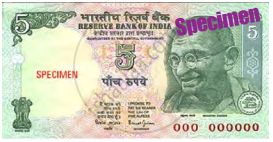 |
______ |
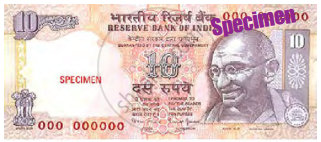 |
______ |
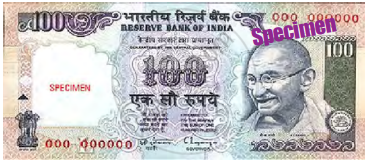 |
______ |
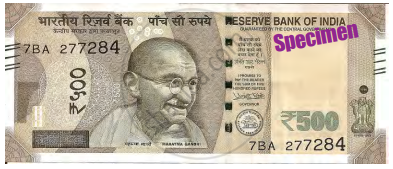 |
______ |
- To which country does this currency belong?
- How did you know?
- Whose picture can you see on the notes?
- Can you find any number on the notes (other than the value)?
- Do you think that two notes can have the same number?
- Take a ten-rupee note and observe it carefully. How many languages can you see on the note?
- Write the name of the bank given on the note.
Answer in Brief
Solution
 |
Five rupee note |
 |
Ten rupee note |
 |
Hundred rupee note |
 |
Five hundred rupee note |
- These notes belong to India.
- Because ‘Reserve Bank of India’ is written on the note.
- Mahatma Gandhi
- It is the serial number of the note.
- No, two notes of the same denomination cannot have the same number.
- There are fifteen languages one can see on the note.
- Reserve Bank of India.
shaalaa.com
Home and Abroad
Is there an error in this question or solution?
APPEARS IN
RELATED QUESTIONS
You can also make a small report comparing Abu Dhabi with the place where you live. You can use some of these points mentioned below while writing the report. You can also draw pictures or put photographs.
- The climate and weather
- The trees and plants
- The traffic on the roads (kinds of vehicles)
- The common food items
- What people wear
- The kind of buildings
- The language
Why do you think many trees cannot grow in desert areas?
Do you have any relatives who live in another country?
- How long have they lived there?
- Did they go there for studies or for work?
- Was there any other reason?
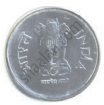 |
 |
 |
 |
 |
 |
 |
 |
- How many of these coins do you recognise?
- What is written on each coin other than the value?
Look at these notes. Do they all belong to India? Put a circle around notes that are not Indian. Find out which country do they belong to.
 |
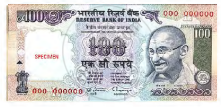 |
 |
 |
 |
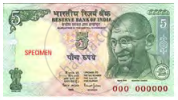 |
 |
 |
 |
 |
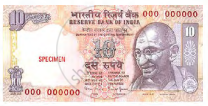 |
 |
 |
||
